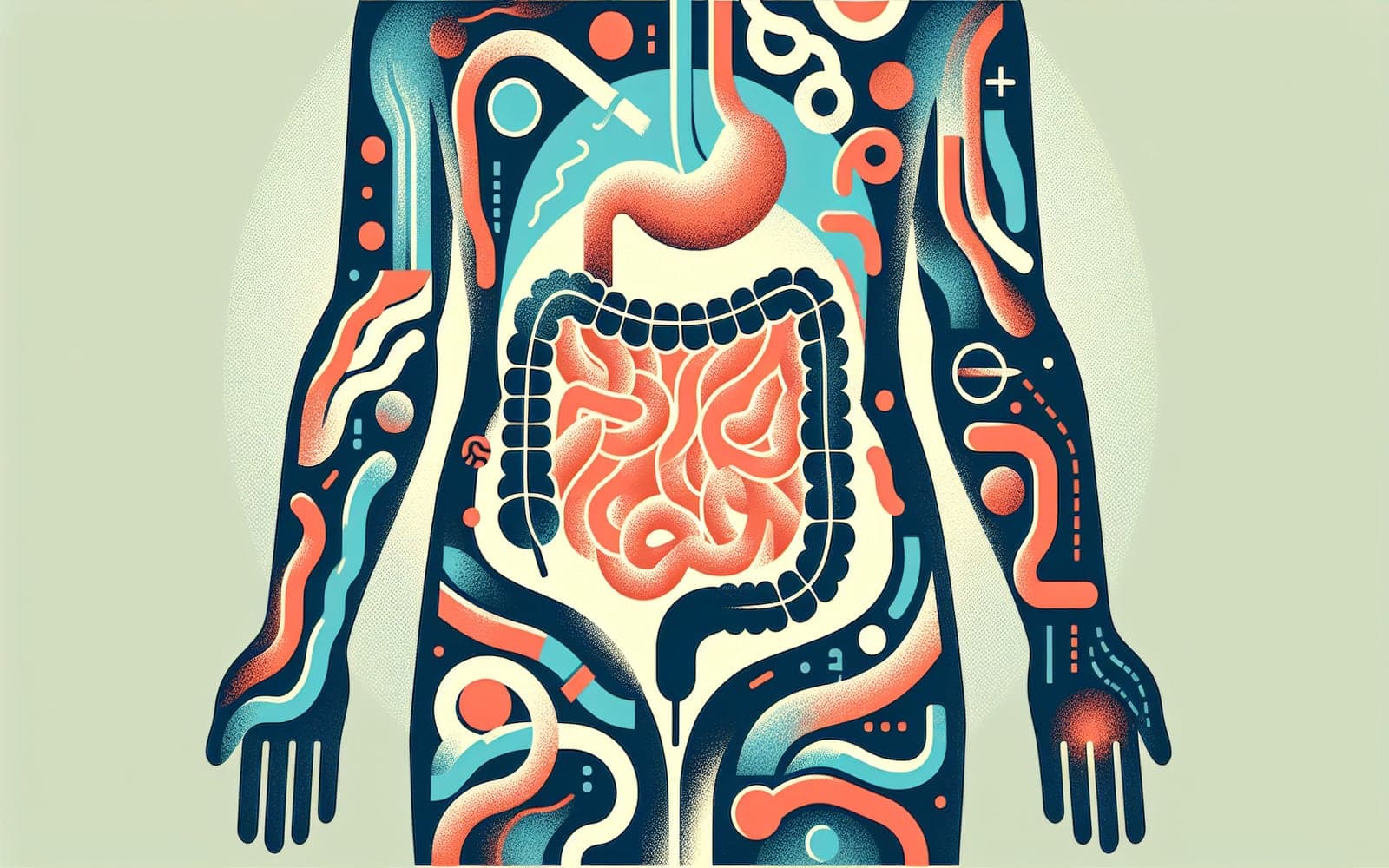What Really Causes Intestinal Ischemia?
Published: Oct 31, 2023
Intestinal ischemia is a serious condition caused by a variety of factors that reduce blood flow to the intestines. Knowing these causes can help in prevention and early intervention.
Contents
Arterial Blockages: A Major Culprit
Arterial blockages are a leading cause of intestinal ischemia, often stemming from embolisms or thrombosis. These occur when blood clots form or travel and block the arteries supplying the intestines. Such blockages can cause severe and sudden pain, requiring immediate medical attention.
Venous and Nonocclusive Causes
While less common, venous thrombosis can also lead to intestinal ischemia by obstructing blood flow in the veins. Nonocclusive causes involve low blood flow states, often linked to other medical conditions or medications that cause blood vessels to constrict.

Other Risk Enhancers
Factors like heart disease, atherosclerosis, and certain surgeries can increase the risk of developing intestinal ischemia. These conditions can either directly reduce blood flow or lead to situations that favor clot formation.
Frequently Asked Questions
Blockages in arteries reduce blood flow, leading to ischemia.
Yes, venous thrombosis can obstruct blood flow and lead to ischemia.
They involve low blood flow due to other conditions or medications.
Heart disease and certain surgeries can increase risk.
Key Takeaways
Knowing the various causes of intestinal ischemia is vital for prevention and timely treatment.
Explore potential causes with Doctronic for a personalized health assessment.Related Articles
References
Cappell MS. Intestinal (mesenteric) vasculopathy. I. Acute superior mesenteric arteriopathy and venopathy. Gastroenterol Clin North Am 1998; 27:783.
Zimmerman BJ, Granger DN. Reperfusion injury. Surg Clin North Am 1992; 72:65.
Always discuss health information with your healthcare provider.

